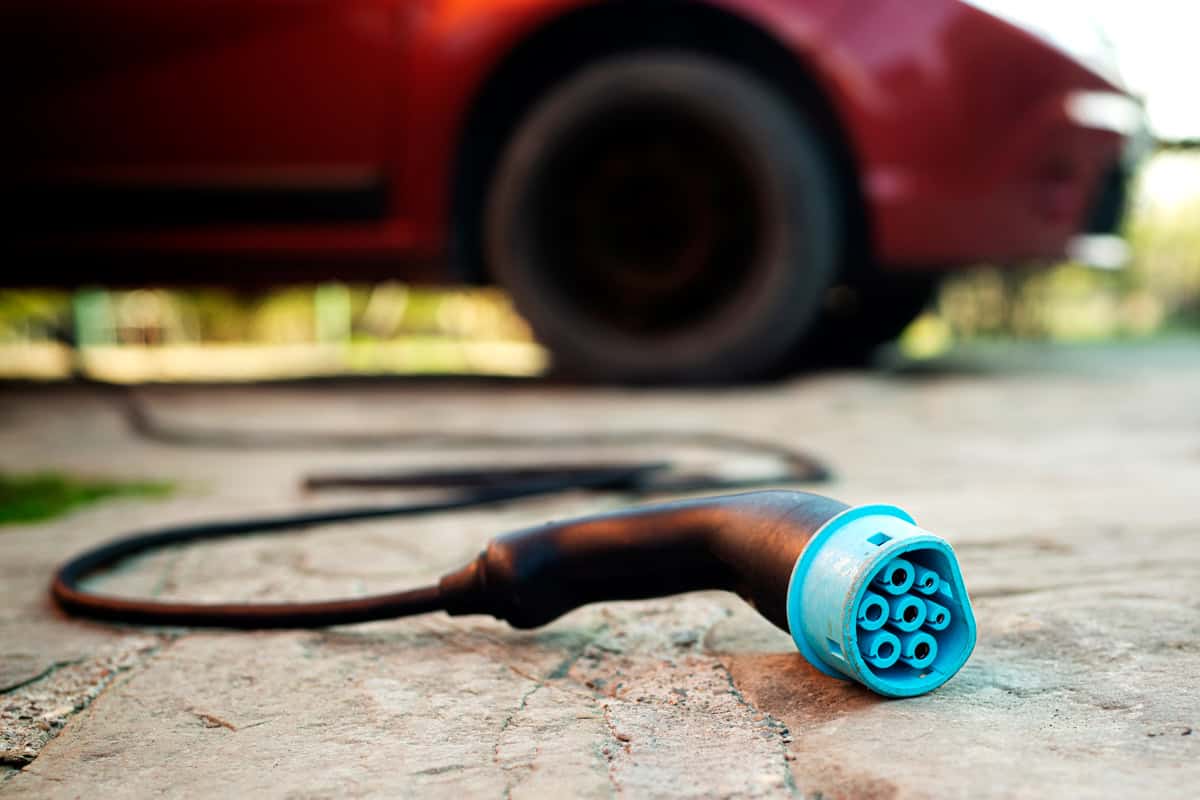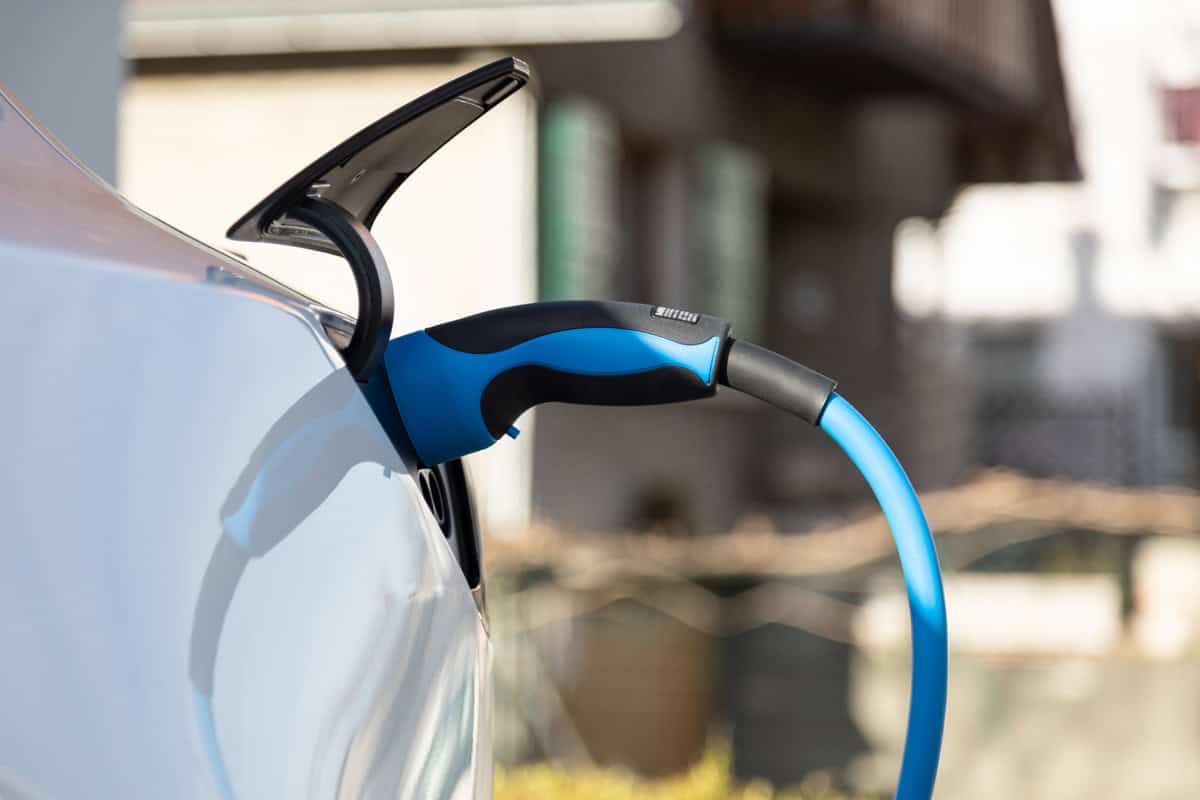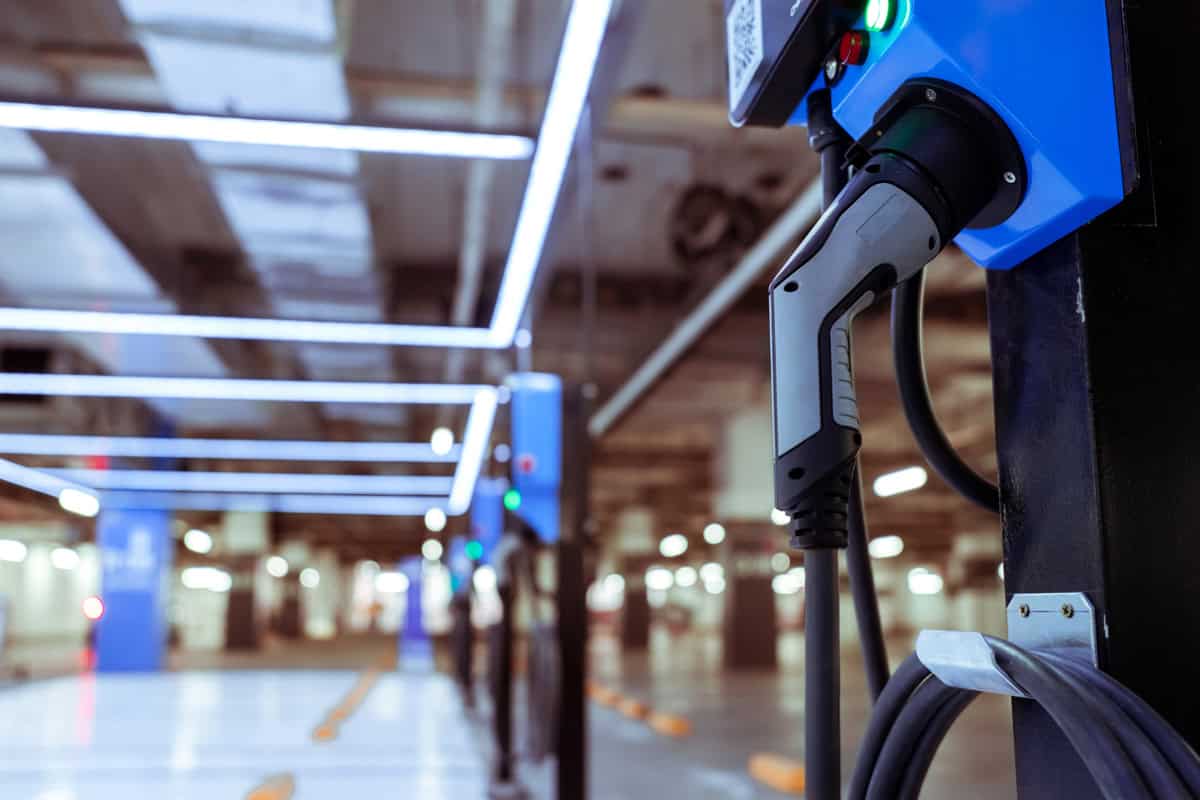ChargePoint, the company with the nation’s largest electric vehicle charging station network, released a list of the Top 10 Metropolitan Areas for electric vehicles. The San Francisco Bay Area (including San Francisco, Oakland, and San Jose) led the nation, followed by Seattle, San Diego, Austin, and Honolulu. Ironically, according to an Autoweek article, one academic study found only 72.5 percent of 657 public fast chargers in the San Francisco Bay area in working order. EV owners continue to be highly satisfied with their vehicles, while are frustrated with the state of our public charging infrastructure. That means that as an EV owner pulling up to a public EV charging station in that area, there’s nearly a 30% chance that the station will NOT function – meaning no charging for your Tesla or other EV vehicle.
Many EV owners voice frustration with the public charging infrastructure, and the most common issues being broken or nonfunctional chargers or too few charging locations to handle the EV demand. However, according to the Autoweek article, the Tesla Supercharger network scored significantly better than its competitors on every metric. One of the major issues is that there are still few EV vehicles on the road compared to ICE (internal combustion engine) vehicles, so often times EV owners don’t complain, as they are used to the lousy EV network experience. As of the third quarter of 2023, about 1% of vehicles on US roads are electric, which is around 3 million new and used electric cars. This is a fairly low adoption rate, with 43 states having adoption rates below 1% and two states, North Dakota and Mississippi, having adoption rates lower than 1 in 1000.
Even in our largest cities, such as New York City, finding an available charger, even in private garages and parking structures that advertise EV charging available, the availability is closer to zero than double digits. In terms of public charging stations on the streets of NYC, the borough has about 320 publicly accessible charging locations, according to data from the US Department of Energy, compared with just 29 remaining gas stations, according to the New York State Department of Agriculture and Markets. But, New York officials are eager for more curbside options — a city website speaking highly of the benefits of curbside EV charging lists just 35 such locations in all five boroughs – and finding one that’s available, is a whole other problem for EV owners. Next, all but a handful of the borough’s public chargers are level 2 charging stations that that will take several hours (minimum) to top off a vehicle’s EV battery, rather than speedier “DC fast” chargers.
New York drivers haven’t exactly rushed to ditch gasoline. Fully electric cars and plug-in hybrids account for 8.9% of new passenger vehicles in the city this year, according to research firm Atlas Public Policy.
According to Autoweek, EV business enterprises had $477 million in revenue in 2021, and $163 million so far this year, but the industry is not yet profitable in most, if not all recent markets. According to Andrew Fox, founder and CEO of Charge Enterprises, which both installs and maintains EV charging stations, the EV station pain points include deferred maintenance, absent operators, decommissioned software, placing stickers over the operating and payment instructions along with broken charging wands. According to Fox, “We have only one percent electric cars on the road now, and the infrastructure is actually lagging behind even that one percent. The network has just been neglected.”
While the private sector and government transportation departments appear to be trying to improve the EV network situation, private charging at homes and shared locations, such as apartment complexes, condos, hospitals and airports continue to be a focus for expansion and improvement. Plus, a private residence that installed their own EV charging solution will make sure their solution remains active and functional, since that’s typically the owner’s only reliable charging source for their vehicle.
The bottom line is that we, as a country, are multiple years away from having a reliable EV charging network across all states – let alone our major cities – and new, updated standards and requirements must be enacted in order to step up the quality and reliability of our EV charging networks across the country. We also need a reliable and measured method for EV owners to report outages with much quicker response rates from the private and government sectors.
Bloomberg, “Manhattan’s EV-Charging Sites Now Outnumber Gas Stations 10 to 1”; David R Baker and Hadriana Lowenkron; October 3, 2022; https://www.bloomberg.com/news/articles/2022-10-03/how-many-ev-charging-stations-are-there-in-new-york-city
Autoweek, The EV Charging Industry Has A Maintenance Problem; Jim Motavalli, July 11, 2022; https://www.autoweek.com/news/a40576648/ev-charger-maintenance-problem/
About Turnkey EV Solutions, LLC
Turnkey EV Solutions provides some of the best and most efficient EV products and solutions for electric vehicle charging and networks. From residential to commercial EV installations and EV product arrays, our EV charging solutions are designed to save our customers money, energy, and time. We offer a wide range of EV chargers and accessories so you can find the perfect EV solution for your home, business or fleet EV solution. Our EV solutions include providing the tax benefits and rebates that come with EV products and installation. Our EV teams design, install and customize charging solutions tailored to fit our clients' specific needs. We are committed to offering innovative and reliable EV charging solutions, as well as superior customer service and support.



Leave a comment
This site is protected by hCaptcha and the hCaptcha Privacy Policy and Terms of Service apply.